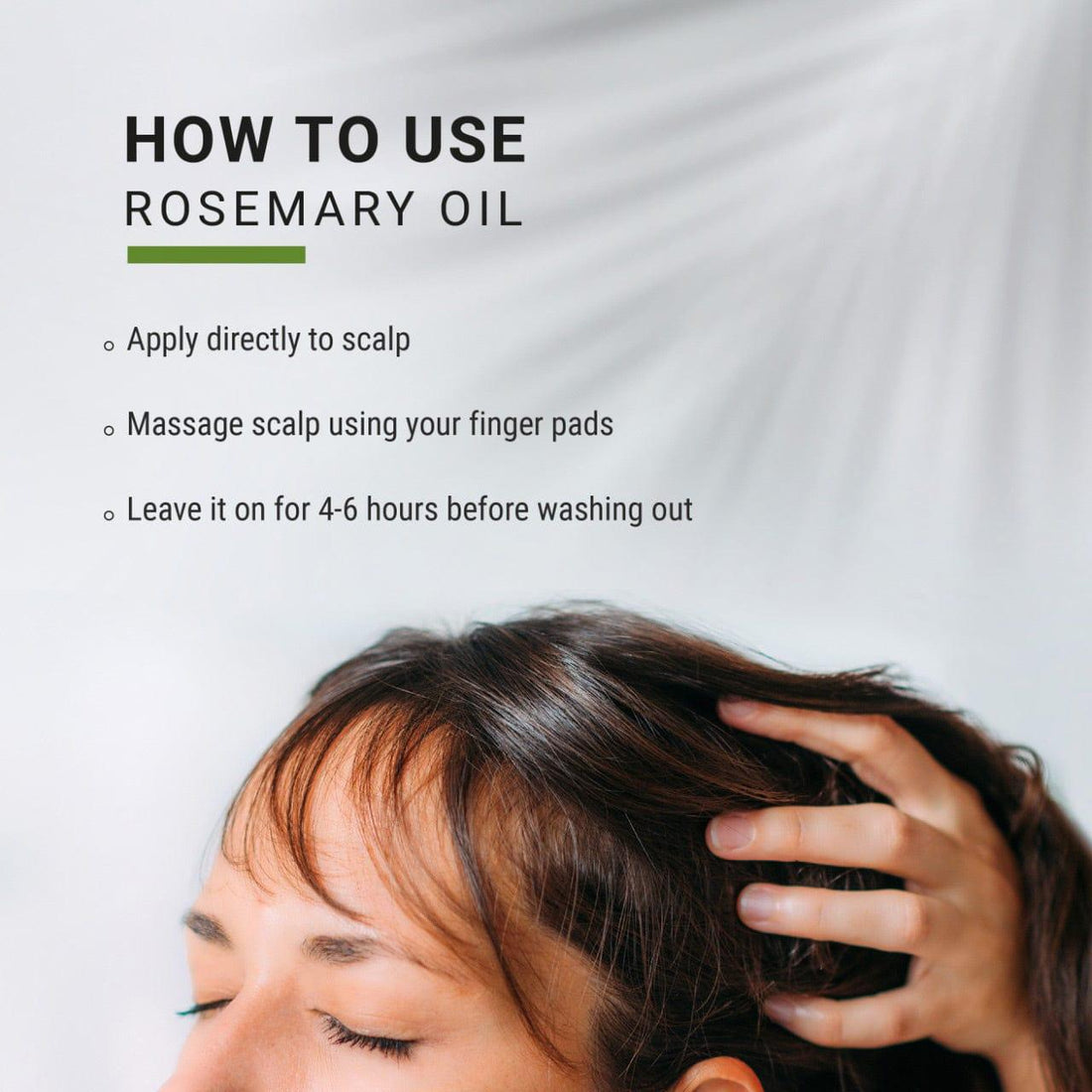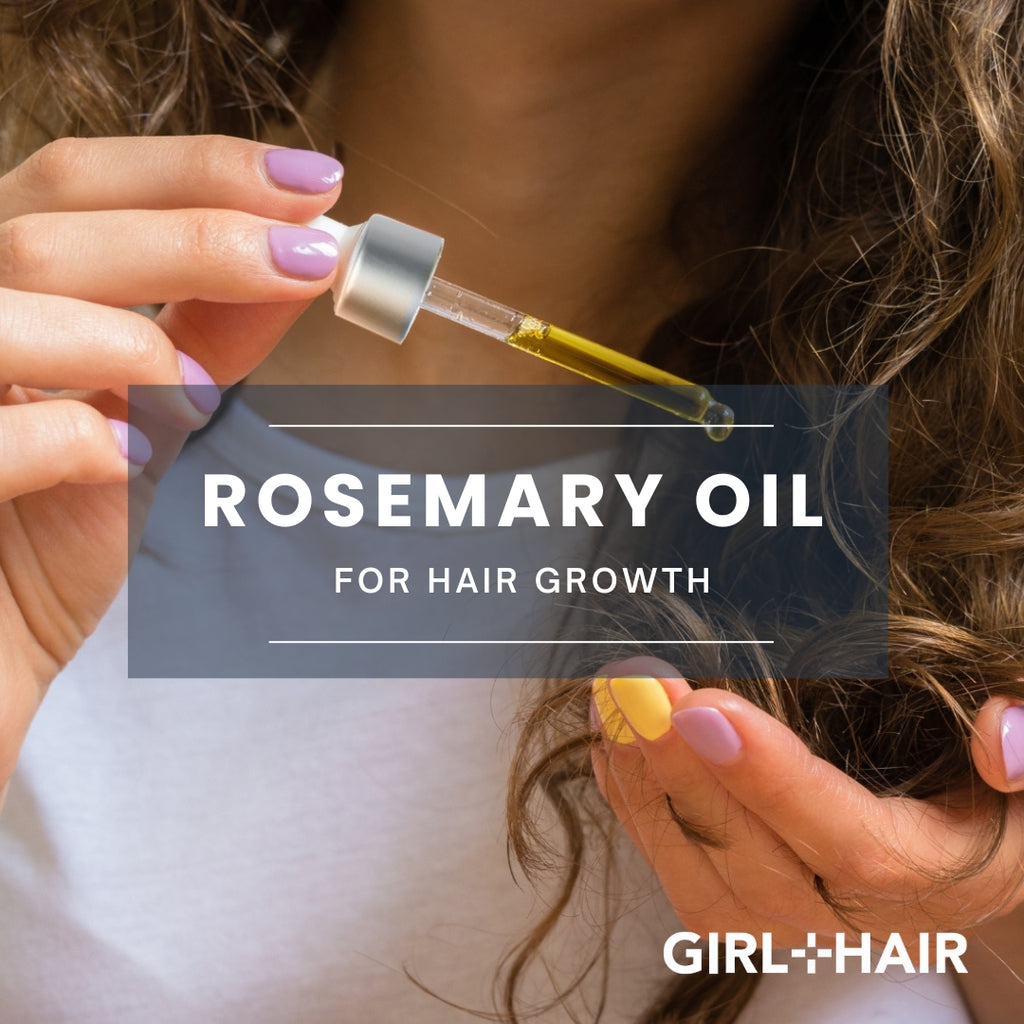The Power of Rosemary Oil for Hair Growth: A Comprehensive Guide
Are you struggling with hair loss or slow hair growth? Finding effective and natural solutions can be a challenge. At hairy.cartlab.web.id, we’re dedicated to helping you achieve your hair goals. This comprehensive guide delves into the remarkable power of rosemary oil for hair growth, exploring its benefits, usage methods, potential side effects, and how to incorporate it into your hair care routine for optimal results. We’ll cover everything you need to know to harness the potential of this ancient remedy for healthier, fuller hair. Whether you’re experiencing androgenetic alopecia, telogen effluvium, or simply desire thicker, more vibrant locks, understanding the properties of rosemary oil is a crucial step in your journey.
Rosemary has been valued for centuries for its aromatic qualities and diverse medicinal properties. Beyond its culinary uses, it holds a significant place in traditional medicine, often employed for its potential to stimulate hair growth and improve scalp health. This article will equip you with the knowledge to confidently incorporate rosemary oil into your hair care regimen, allowing you to make informed decisions about your hair health. We’ll also explore how rosemary oil compares to other essential oils and discuss the synergistic benefits of combining it with other natural ingredients.
Ultimately, achieving healthy, vibrant hair requires a holistic approach. This guide will explore not only the benefits of rosemary oil but also the importance of a balanced diet, proper hair care techniques, and stress management in supporting hair growth. We believe that informed choices are key to unlocking your hair’s full potential.

Understanding the Science Behind Rosemary Oil’s Benefits for Hair Growth

Rosemary oil’s efficacy in promoting hair growth is rooted in its chemical composition. Rich in antioxidants like rosmarinic acid and carnosic acid, it combats oxidative stress, a major contributor to hair follicle damage and premature hair loss. These antioxidants neutralize free radicals, protecting the hair follicles from damage and promoting a healthier scalp environment conducive to hair growth.
Furthermore, rosemary oil contains compounds that may stimulate cell proliferation and hair follicle growth. Studies have shown that it can increase the expression of certain growth factors, leading to improved hair follicle function. This effect is comparable, in some instances, to the effects of minoxidil, a common medication used to treat hair loss. However, it’s important to remember that rosemary oil is a natural remedy and its effects may vary depending on individual factors.
One notable mechanism is its potential to improve circulation in the scalp. Improved blood flow delivers essential nutrients and oxygen to the hair follicles, stimulating growth and preventing hair thinning. This circulatory boost can also contribute to a healthier scalp, reducing inflammation and dandruff, which can impede hair growth. The aromatic properties of rosemary oil also contribute to a relaxing scalp massage, further enhancing circulation and promoting relaxation.
How to Use Rosemary Oil for Hair Growth: Practical Application

There are several ways to effectively incorporate rosemary oil into your hair care routine. The most common methods include:
-
Rosemary Oil Scalp Massage: Dilute rosemary oil (typically a 1:1 ratio with a carrier oil like jojoba or coconut oil) and gently massage it into your scalp for 5-10 minutes. This stimulates blood flow and allows the oil to penetrate the hair follicles. Leave it on for at least 30 minutes, or even overnight, before washing your hair.
-
Rosemary Oil Hair Rinse: Add a few drops of rosemary oil to your final hair rinse after shampooing and conditioning. This helps to condition the hair, add shine, and impart the benefits of rosemary oil.
-
Rosemary Oil Hair Mask: Combine rosemary oil with other nourishing ingredients like coconut oil, avocado oil, or honey to create a hair mask. Apply the mask to your hair and scalp, leave it on for 30-60 minutes, and then rinse thoroughly. For optimal results, consider incorporating other beneficial oils, as discussed in our article on The Best Oils for Hair Growth: A Guide.
-
Rosemary Oil Shampoo and Conditioner: Many commercially available shampoos and conditioners now incorporate rosemary oil into their formulations. Look for products that list rosemary oil as a key ingredient.
Remember to always perform a patch test before applying any new product to your scalp to check for allergic reactions. Start with a small amount and observe your skin’s reaction for 24 hours.
Rosemary Oil vs. Other Essential Oils for Hair Growth

While rosemary oil is a popular choice, other essential oils also offer potential benefits for hair growth. Lavender oil, for instance, is known for its soothing properties and ability to improve scalp health. Tea tree oil possesses potent antimicrobial properties, which can help combat scalp infections that might hinder hair growth. However, rosemary oil stands out due to its potent combination of antioxidant, anti-inflammatory, and circulatory-boosting properties, making it a particularly effective choice for promoting hair growth.
The choice of essential oil often comes down to individual preferences and scalp needs. Some individuals may find that a blend of essential oils provides synergistic benefits, combining the strengths of different oils to maximize their effectiveness. Always remember to dilute essential oils with a carrier oil before applying them to your scalp.
Potential Side Effects and Precautions When Using Rosemary Oil

While generally safe for topical use, rosemary oil can cause side effects in some individuals. These side effects are typically mild and may include:
- Skin irritation: Some people may experience mild skin irritation, redness, or itching after applying rosemary oil. This is more likely to occur if the oil is not properly diluted with a carrier oil.
- Allergic reactions: Although rare, allergic reactions to rosemary oil are possible. Perform a patch test before applying it to your entire scalp.
- Photosensitivity: In rare cases, rosemary oil may increase skin sensitivity to sunlight. Avoid prolonged sun exposure after applying rosemary oil.
If you experience any significant side effects, discontinue use and consult a dermatologist or healthcare professional. Pregnant or breastfeeding women should consult their doctor before using rosemary oil. It’s crucial to use high-quality, pure rosemary oil to minimize the risk of adverse reactions.
Maintaining a Holistic Approach to Hair Growth

The power of rosemary oil for hair growth is undeniable, but it’s essential to remember that it’s most effective when combined with a holistic approach to hair health. This involves:
-
Nutritious Diet: A diet rich in vitamins, minerals, and protein is crucial for healthy hair growth. Learn more about the essential nutrients in our article on The Best Vitamins for Strong, Healthy Hair.
-
Gentle Hair Care: Avoid harsh chemicals, excessive heat styling, and tight hairstyles that can damage your hair and scalp. For tips on minimizing damage, check out our guide on The Best Hair Tools for Damage-Free Styling.
-
Stress Management: Stress can significantly impact hair growth. Practicing stress-reducing techniques like yoga, meditation, or spending time in nature can contribute to healthier hair.
-
Regular Scalp Cleansing: Maintaining a clean scalp is essential for healthy hair growth. Regularly cleanse your scalp with a gentle shampoo to remove dirt, oil, and product buildup.
By incorporating these practices alongside the use of rosemary oil, you can significantly enhance your chances of achieving thicker, healthier, and more vibrant hair. Remember consistency is key, and results may vary depending on individual factors.
Conclusion
The Power of Rosemary Oil for Hair Growth is undeniable, offering a natural and effective way to promote hair growth and improve scalp health. By understanding its properties, proper usage, and potential side effects, you can confidently incorporate it into your hair care routine. Remember that a holistic approach, encompassing diet, lifestyle, and gentle hair care practices, maximizes the benefits of rosemary oil and contributes to achieving your hair goals. For a deeper dive into specific techniques and product recommendations, visit our comprehensive guide: The Power of Rosemary Oil for Hair Growth: A Comprehensive Guide. Remember to consult with a healthcare professional if you have any concerns or pre-existing conditions.









Comments